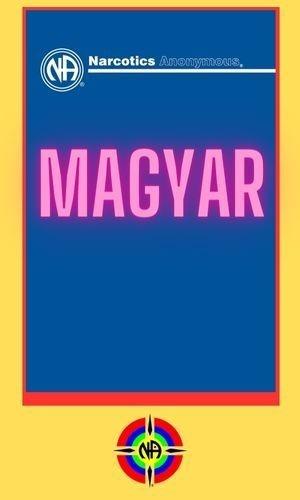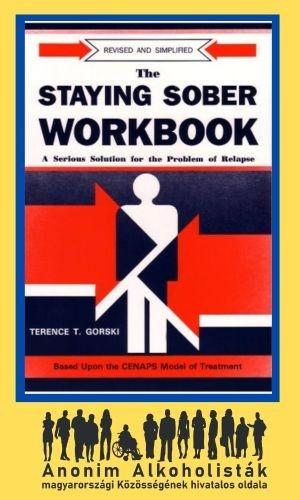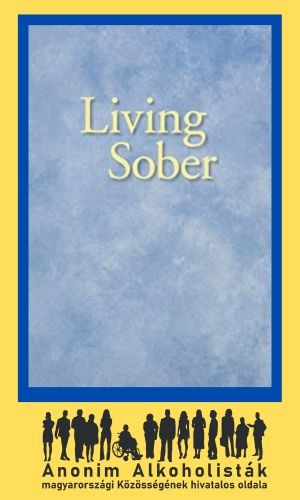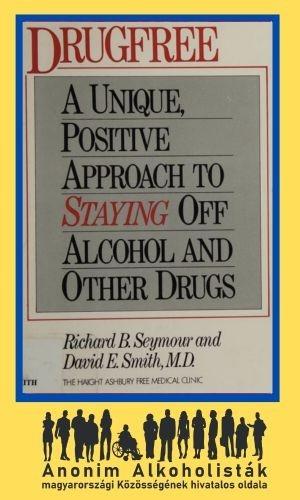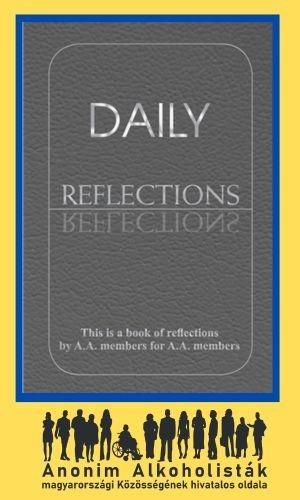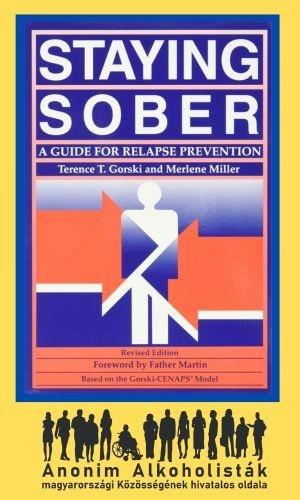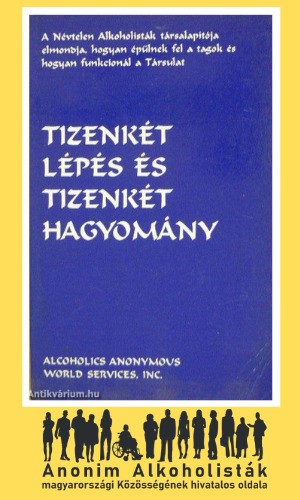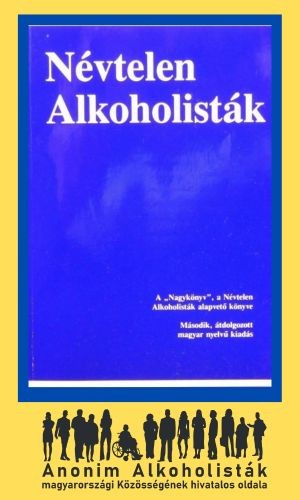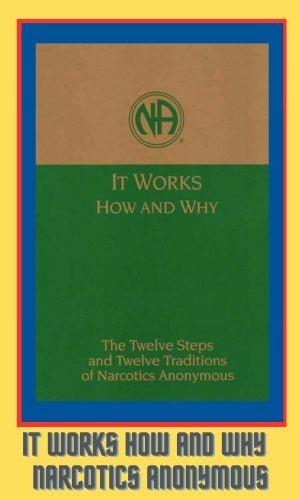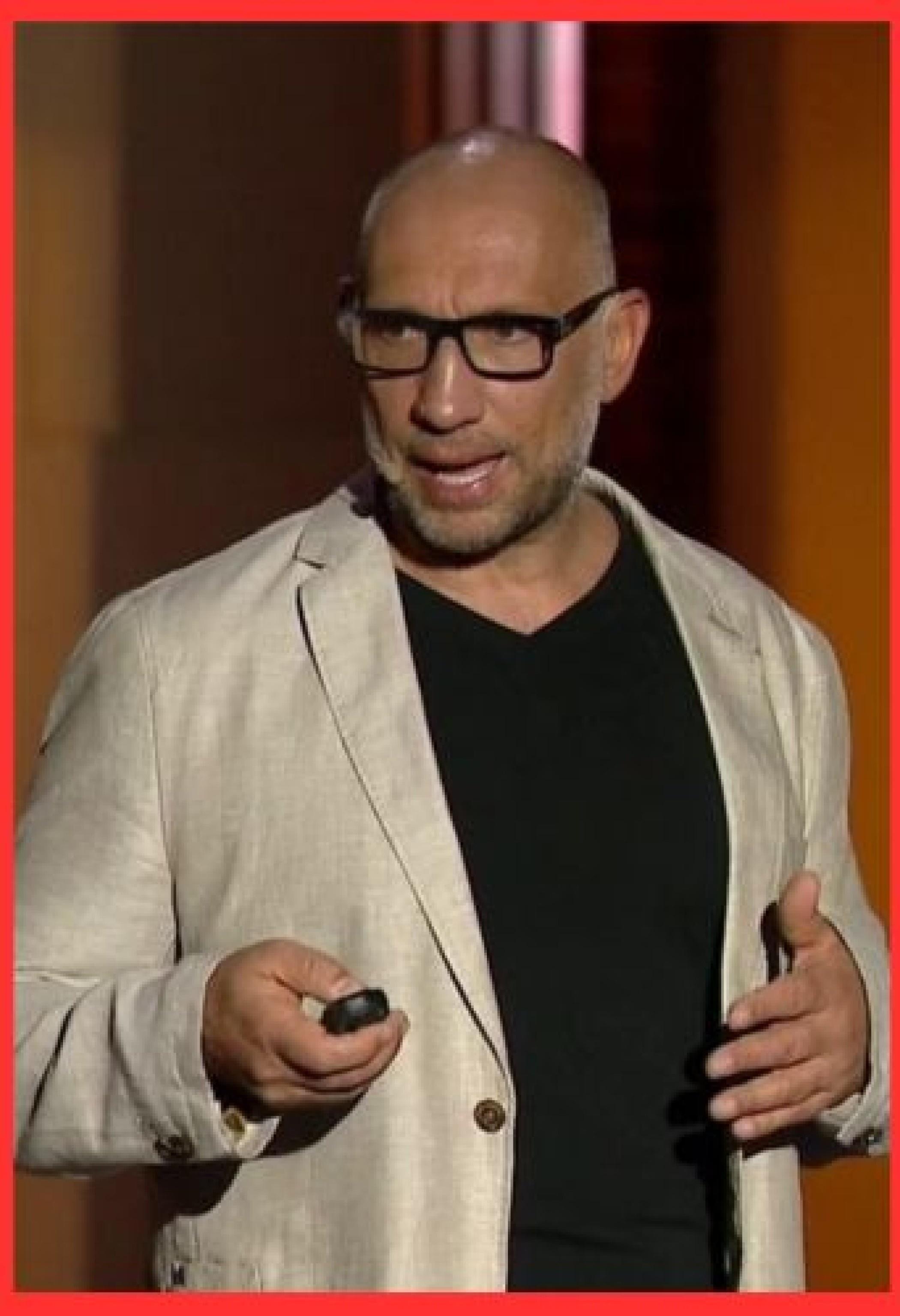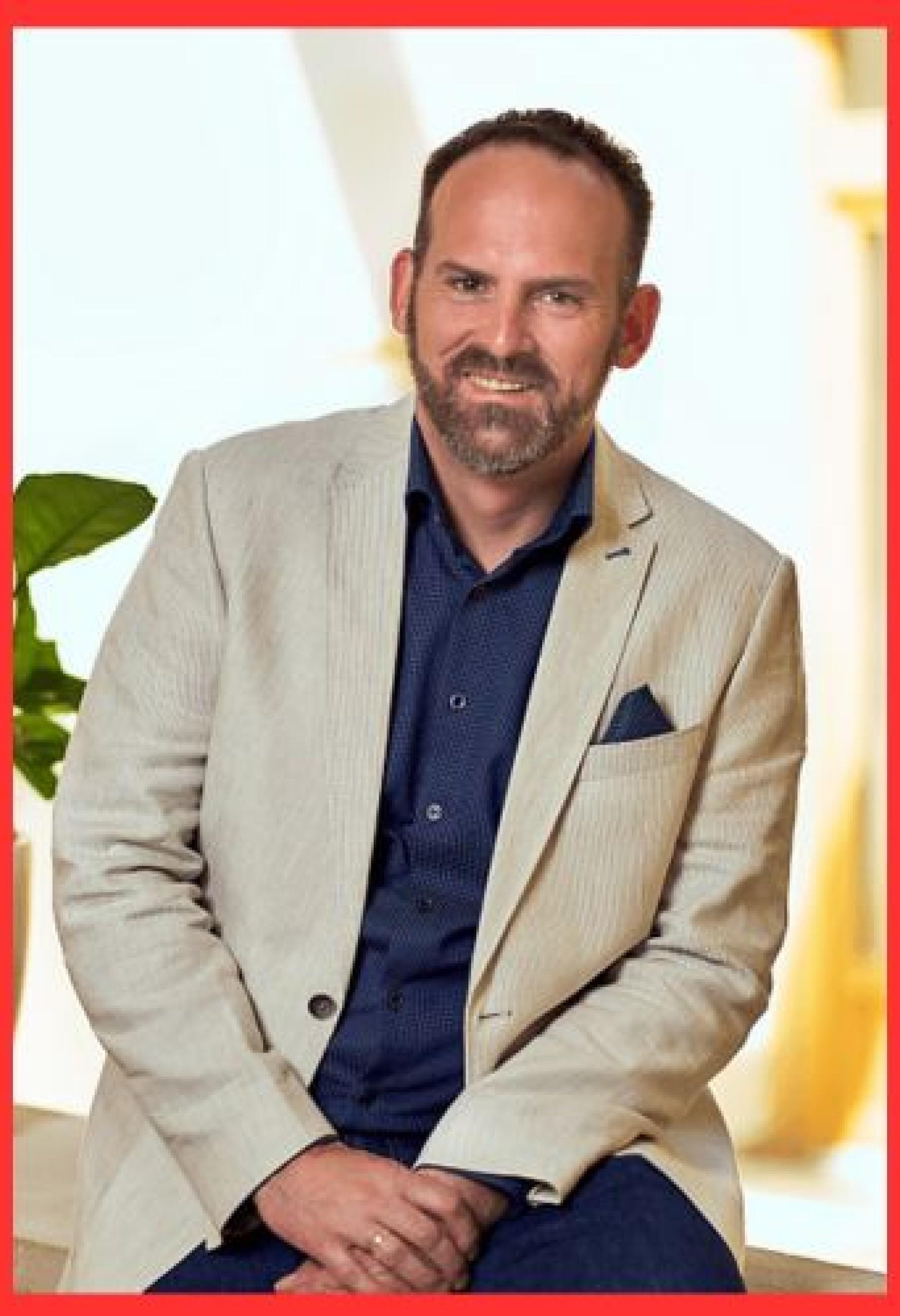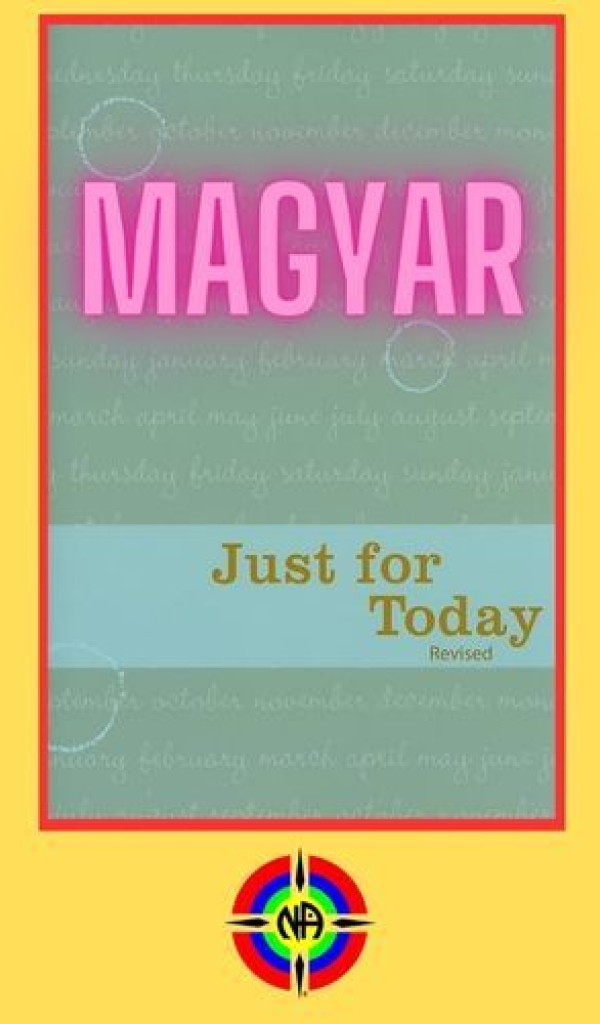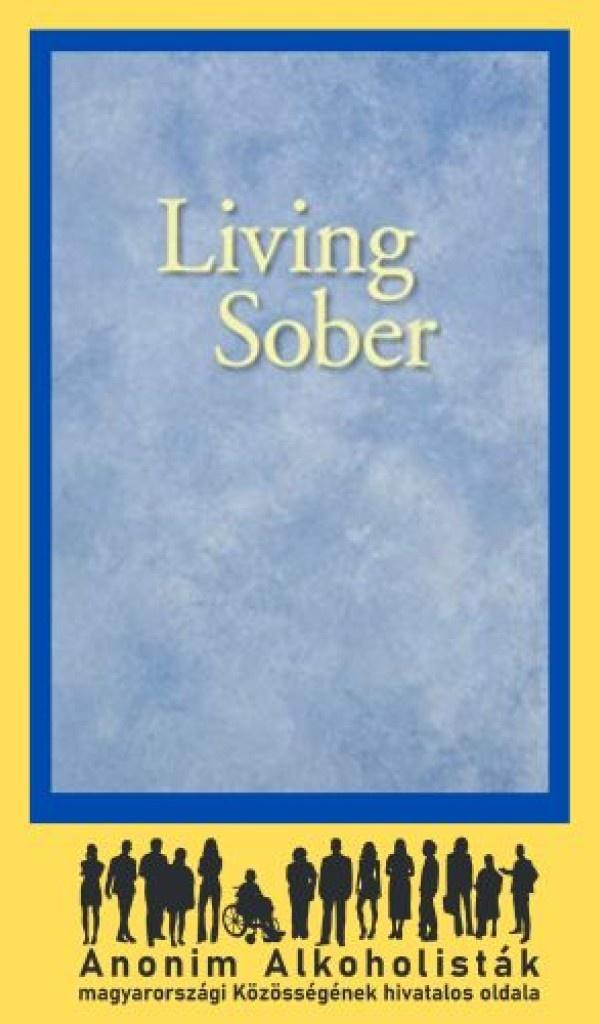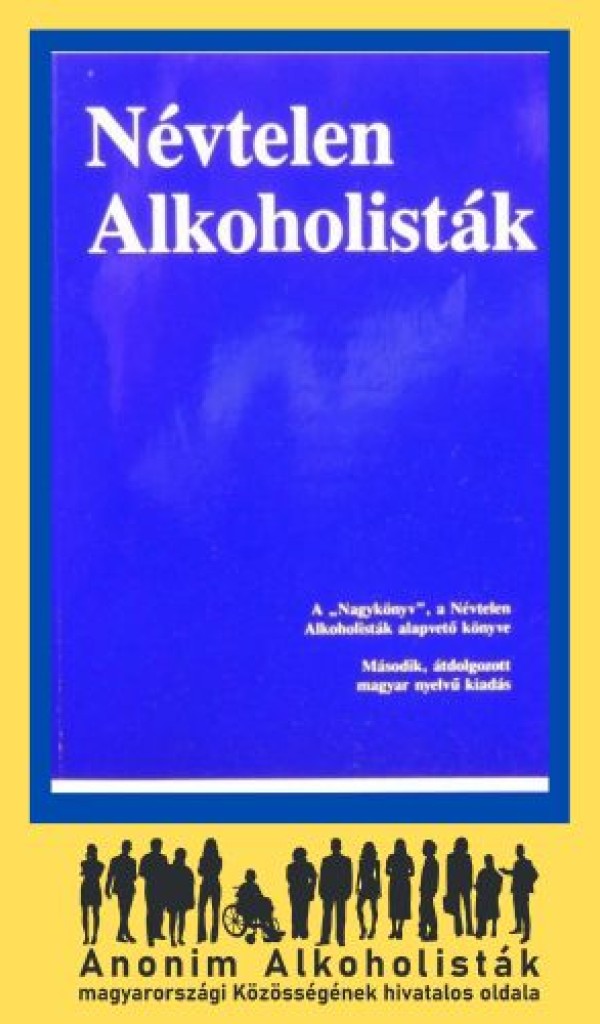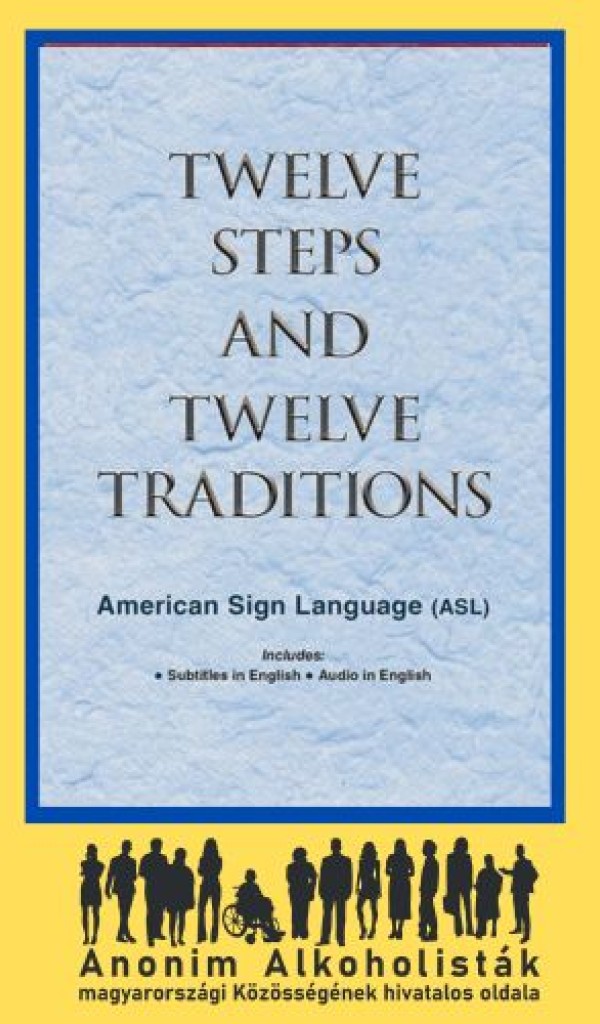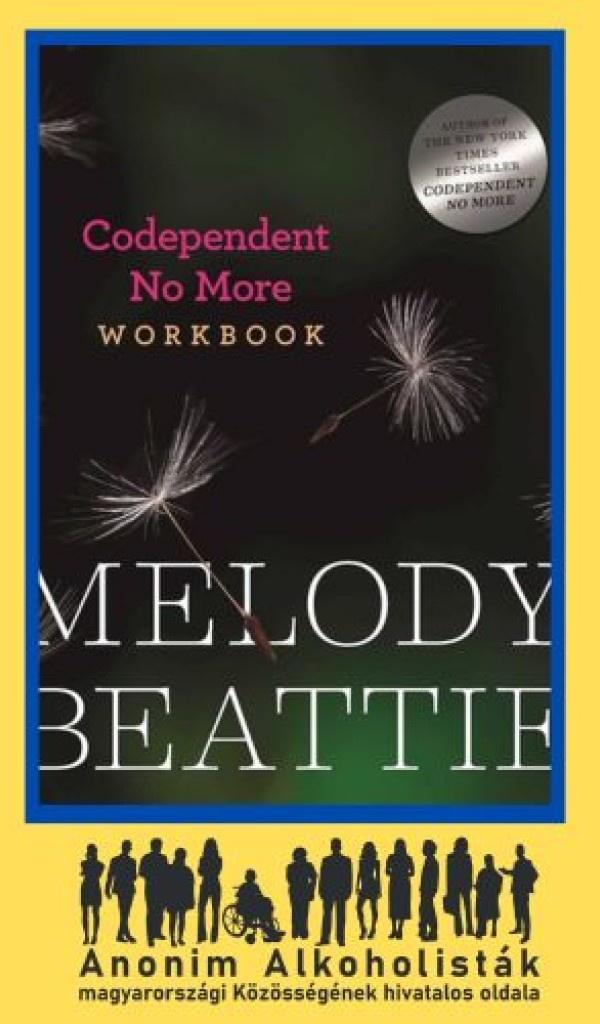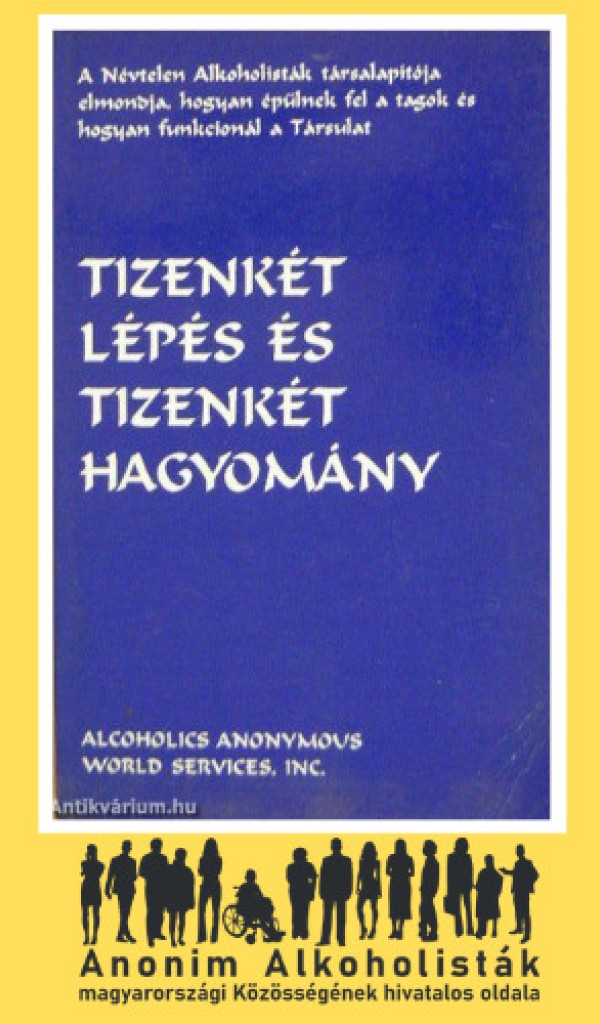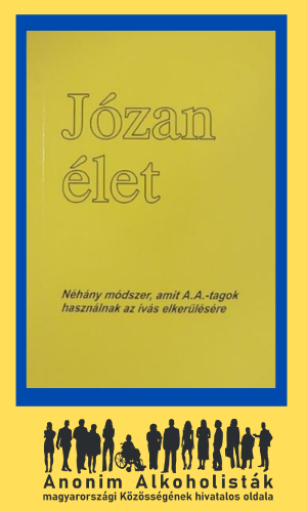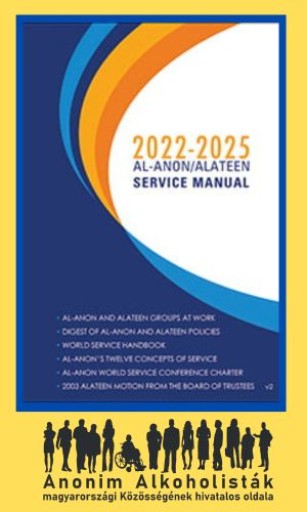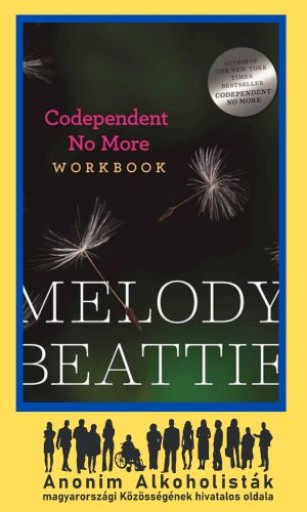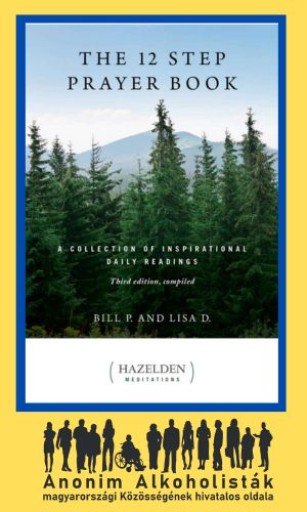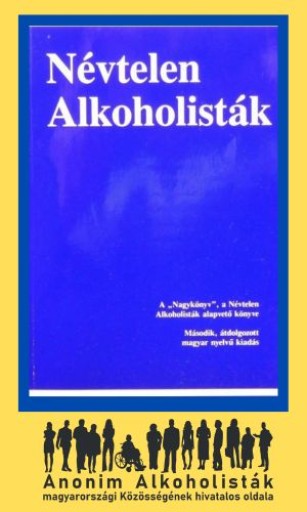Bill W.
(co-founder of Alcoholics Anonymous)
There is perhaps no more bitter suffering than that caused by drug addiction, especially,
associated with morphine, heroin and other narcotics. These drugs
distort brain function and the horrific process of withdrawal cruelly tortures the
the addict's body. Compared to the addict and his ordeal, we
alcoholics are lucky. But the overuse of tranquillisers is just as
as bad. In AA, we have members who have successfully recovered from both alcohol and alcoholism,
and needles. We also have members who have fallen victim to - perhaps still are
addicted to psychotropics or other kinds of tranquilizers.
So drug addiction and its various forms are close to us. Deeply
They touch us deeply and arouse our compassion. In the world around us, there are many
men and women who are trying to get rid of their problems by these means.
There are many A.A. members today, especially those who have suffered from this type of addiction,
are asking, "What can we do about drugs - in and out of the community?"
Because there are now many organizations trying to help people on the pill and in
and drug users - organisations that apply the Twelve Steps of A.A.
and in which A.A. members are actively involved, a number of questions arise
how these already successful efforts can be fairly communicated to the
A.A. groups and A.A. as a whole.
Here is a list of some specific questions: (1) Can there be a pill or
(2) Can such a person be brought into the A.A. group?
(2) Can such a person be brought to an open A.A. meeting as a visitor for help and spiritual encouragement? (3)
Can a person who is addicted to pills or drugs be a member of A.A. who has an actual
(4) Can A.A. members who are individually or collectively
alcohol and drug addicts, form separate groups from other A.A. members who also have a drug problem?
(5) Can such a special group call itself an A.A. group?
(6) Can such a group include non-alcoholic drug users? (7) If so, should
be allowed to give the impression to such non-alcoholic drug users that they are A.A. members?
(8) Is there any objection to both addicted
A.A. members to join external organisations such as Anonymous
(Narcotics Anonymous)?
For some questions the answer is almost self-evident, for others
no. However, solutions that are acceptable to all can be found if
A.A.'s relevant Traditions, as well as the past experiences that
in the special groups that are still active in A.A. today.
members, both within and outside the Community.
But there are some things that A.A. cannot do for anyone -
no matter what we want or how much we sympathize with that person.
As a community, our primary goal is to ensure our own survival. To do this
we must avoid distractions and distractions from our activities.
and our activities. As such, the A.A. group cannot take on all the responsibilities of its members.
not to mention all the problems of the world.
The sole purpose of the A.A. group is sobriety - getting rid of alcohol
- through the teaching and practice of the Twelve Steps. More
other activities have been attempted by certain groups, but always
but they always came up short. We also learned that non-alcoholics cannot be A.A.
members. We must limit our membership to alcoholics and stick to that,
that A.A. groups have only one purpose. If we do not
to these principles we will almost certainly fail, and if we fail, no one
we can help no one.
Let us look at some typical cases as examples. Years ago we tried very hard
very helpful family members and some of our non-alcoholic friends as members of the community
as a member of the A.A. community. They had problems too, and we wanted them to be part of our team.
to be part of our team. Unfortunately, we found that this was not possible. They couldn't do it the A.A. way.
and with few exceptions, they couldn't identify with the new A.A. members,
consequently they could not practice the Twelfth Step consistently.
As close as these people were to us, their admission had to be
we had to refuse them. We could only welcome them at our open meetings.
Therefore, I see no possibility for non-alcoholic drug addicts to join AA
AA membership. Experience has clearly taught us that we cannot make exceptions, even
even though we know that drug abusers are virtually the first
first cousins. If we do try, I'm afraid we'll cause problems for both
for both the drug user and AA. We have to accept the fact that -
whatever his or her misery, no non-alcoholic can be an alcoholic A.A.
member.
Suppose, however, that a drug addict comes forward whose real
history of alcoholism. At one time, such a person would not have been admitted to AA
in AA. Initially, many A.A. members had the almost ridiculous belief that they were
they were pure alcoholics - just drunks with no other serious problems. When
alcoholics released from prison and alcoholic drug addicts first emerged,
they were often met with pious disapproval. "What will people think?" -
chanted the clean alcoholics. Fortunately, that kind of nonsense has long since disappeared.
One of the most distinguished AA members I know stabbed himself for seven years before
before he joined us. Prior to that he was a heavy drinker, as his story
and his history proves it. He therefore met the membership requirement and was accepted into A.A. Since then, he has
A.A. and helped some non-A.A. members with their drug and substance abuse problems
problems. Of course, this is strictly a private matter for him and in no way
of the A.A. group to which he belongs. He is a member of his group because he is indeed
alcoholic.
So we can sum up what AA can't do - for drug addicts or anyone else
for anybody.
Now let's look at what we can do. For problems other than alcoholism
are found in special groups, some of which are
A.A., some of them outside it.
Our first special group was formed back in 1938. The A.A. needed
a world service office and some literature. It was a service problem,
that no single A.A. group could solve. So we set up an
Board of Trustees (the Alcoholic Foundation) to take care of
to continue to deal with these issues. Some of the trustees were alcoholics, some were not.
Obviously, it was not an A.A. group, it was A.A. members and non-A.A. members
who were undertaking a special task.
Another example: in 1940, the New York A.A.s felt lonely,
and formed a club. The club had directors and dues-paying A.A. members. The club members
and the directors long thought of themselves as an A.A. group. After a while, however
it became apparent that many A.A. members who came to the club room for meetings didn't care at all about
about the club itself. Therefore, the running of the club (which had a social purpose) was completely
had to be kept separate from the running of the A.A. group which was
meetings in the club premises. After several years of wrangling, it became clear that the
A.A. groups could not be permanently involved in the running of the clubs. Today, everywhere
treated as a special group and not as an A.A. group, club boards and dues-paying
members.
The same has happened with the established sobering-up rooms and the A.A.-run
Twelve Step Houses. The groups thus created are never considered A.A.-
group. We consider their work to be a useful and often valuable task which
carried out by interested individuals.
A few years ago, many of us in A.A. wanted to get involved in the alcohol
alcohol education. I was one of them. We formed alliances with non-alcoholics,
who were also interested in the work. Non-alcoholics wanted to work with A.A. members
because they needed our experience, our philosophy and our general
and our general attitude. Everything was going fine until some of us went public with our
that we were part of the education group. As soon as that happened, the
public opinion was that this special alcohol education and
Alcoholics Anonymous are one and the same. It took years to get this impression
to change that. Today, having corrected that mistake, many A.A. members are working on this
in this field and we are happy about it.
In this way, it has been confirmed that we can individually promote A.A. anywhere.
experiences and principles, provided that we remain anonymous and do not use the
A.A. name for any fundraising or promotional purposes.
I am absolutely confident that these experiences of yesterday will help us to
today's confusion over the drug problem. This problem is new, but the A.A.
experience and the Traditions that help solve it are old and have stood the test of time.
the test of time. I believe that the situation could be
summarised as follows:
We cannot accept non-alcoholic drug addicts as members of A.A.
However, like anyone else, they can attend the so-called open A.A. meetings,
provided, of course, that the groups themselves agree.
Those A.A. members who feel so inclined are encouraged to
to form groups dealing with the drug and tranquilizer problem. Visit
from calling themselves an A.A. group.
There seems to be nothing to prevent some A.A. members, if they see fit, from
to join with a group of pure drug addicts who are trying together to get rid of alcohol and
and drug problems. However, it is advised that such dual
problem groups should not call themselves an A.A. group and A.A.
A.A.A. groups should not use the name A.A.A. in their designation. Such groups are purely drug-related
members of such groups should not believe that they are also members of A.A.
Of course, interested A.A. members have every reason to
to join outside groups that deal with drug problems,
provided they observe the tradition of anonymity and non-disclosure.
Finally, I want to say that throughout the history of A.A., most of the special
of our special groups have done wonderful things. We have good reason to hope that those A.A.
members who are involved in the fight against drug addiction will have similar successes
will achieve similar success.
In A.A., the group operates within a strict framework, but for each member
there are almost no restrictions. The individual - respecting anonymity and non-disclosure
the A.A. message to every corner of our troubled world.
of our troubled world.














